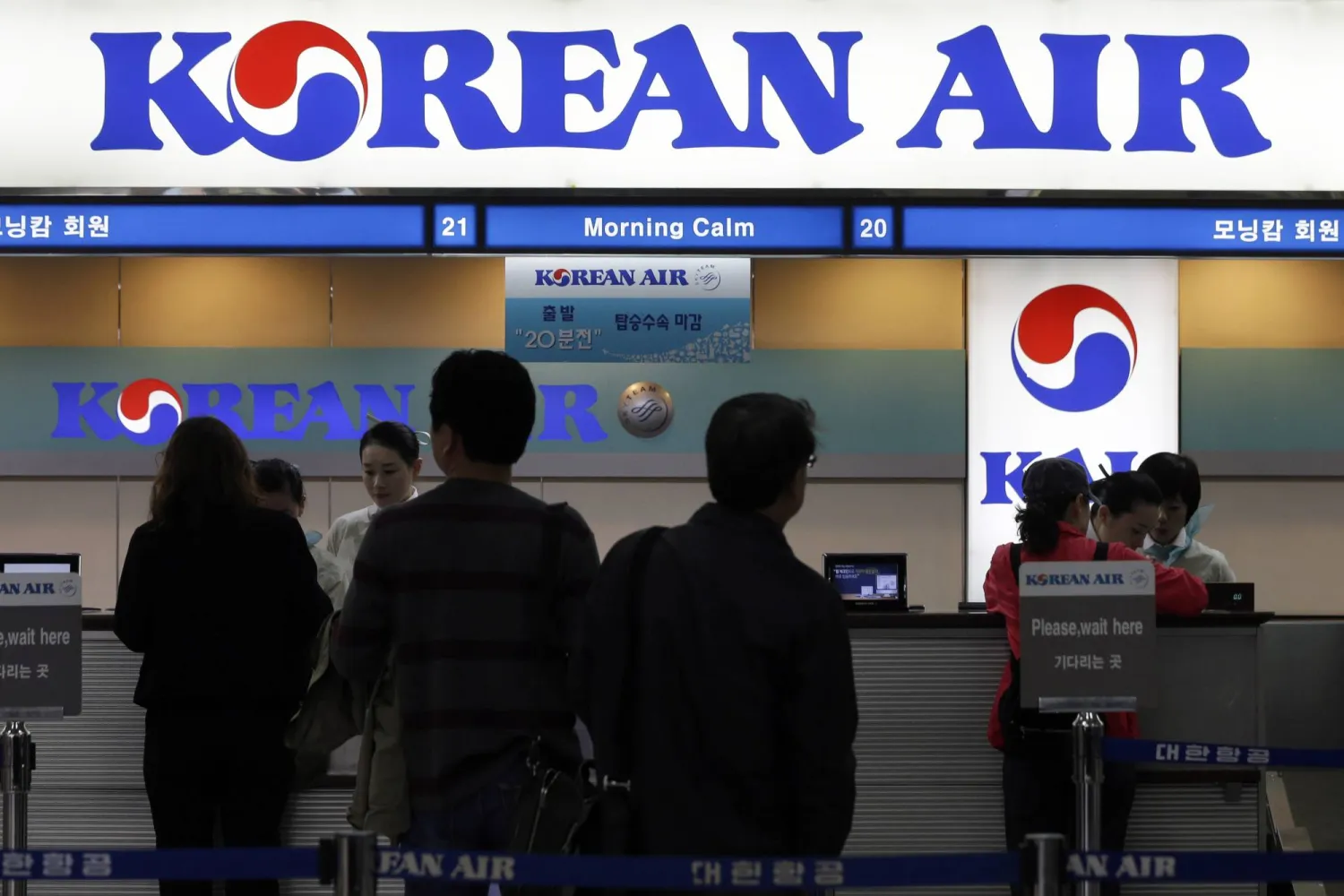Turbulence is knocking a beloved instant-noodle offering off Korean Air's economy menu, The Associated Press reported.
Cups of Shin Ramyun instant noodles, a favorite among Korean Air travelers over the years, will no longer be available for economy-class passengers starting Aug. 15, a spokesperson for the Seoul-based airline said.
“This decision is part of proactive safety measures in response to increased turbulence, aimed at preventing burn accidents,” Korean Air said.
The instant noodles are currently part of Korean Air's in-flight snack service, which is a self-serve bar beyond meals available for economy passengers on long-haul trips. In this week's announcement, the carrier added that it had “renewed” economy's snack options to instead include offerings like sandwiches, corn dogs and hot pockets.
But business- and first-class passengers will still get their noodles. Korean Air told the BBC that the noodles are brought individually to business- and first-class travelers, reducing spill risks.
Concern about the dangers of serving hot food and liquids on airplanes isn't new. Over the years, several carriers have faced lawsuits from customers who say they suffered serious burns after having hot coffee, for example, spilled on them during a flight. And, while legal precedent may vary around the world, the European Union’s highest court ruled in 2019 that an airline can be held liable if a passenger is injured in this way, even if turbulence or other flight-related factors didn’t cause the spill.
But turbulence, of course, still adds to risk. Flying through unstable air can make balancing something like soup or a hot beverage in-flight all the more precarious.
Numerous turbulence-related injuries have been reported over the years, but most incidents are minor — and airlines have made steady improvements in reducing accident rates. Those include suspending cabin service when needed or taking extra caution when distributing certain refreshments.
Still, rough air might be getting harder and harder to avoid. Some meteorologists and aviation analysts note reports of turbulence encounters are on the rise, pointing to the potential impacts climate change may have on flying conditions.
Korean Air Says Turbulence is Knocking Instant Noodles Off Menu

FILE - Passengers approach a Korean Air counter at Gimpo airport in Seoul, South Korea, Oct. 25, 2012. (AP Photo/Lee Jin-man, File)

Korean Air Says Turbulence is Knocking Instant Noodles Off Menu

FILE - Passengers approach a Korean Air counter at Gimpo airport in Seoul, South Korea, Oct. 25, 2012. (AP Photo/Lee Jin-man, File)
لم تشترك بعد
انشئ حساباً خاصاً بك لتحصل على أخبار مخصصة لك ولتتمتع بخاصية حفظ المقالات وتتلقى نشراتنا البريدية المتنوعة







